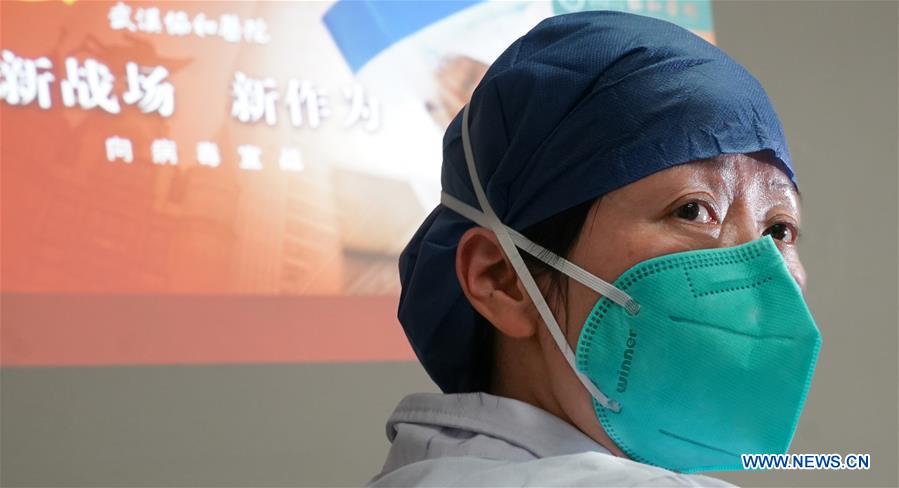3 drugs fairly effective on novel coronavirus at cellular level
 0 Comment(s)
0 Comment(s) Print
Print E-mail Xinhua, January 30, 2020
E-mail Xinhua, January 30, 2020

Chinese researchers have found three existing drugs with fairly good inhibitory effects on the novel coronavirus (2019-nCoV) at the cellular level, a local newspaper has reported.
The three drugs are Remdesivir, Chloroquine and Ritonavir. They are now under relevant procedures to gain approval for clinical use, said Hubei Daily on Wednesday.
The discovery was jointly made by researchers from the Academy of Military Medical Sciences and the Wuhan Institute of Virology (WIV) under the Chinese Academy of Sciences (CAS).
Previously, researchers from the Shanghai Institute of Materia Medica under the CAS and ShanghaiTech University jointly selected 30 existing drug candidates, biologically active natural products and traditional Chinese medicines which may have therapeutic effects on the novel coronavirus.
The candidates included 12 anti-HIV drugs like Indinavir, Saquinavir, Lopinavir and Carfilzomib, two anti-respiratory syncytial virus drugs, an anti-schizophrenia drug, an immunosuppressant, as well as traditional Chinese medicines including Polygonum cuspidatum.
Since the outbreak of 2019-nCoV, several research teams led by the WIV have carried out research on five aspects, including rapid detection products, antiviral drugs and vaccines, animal traceability research, as well as etiology and epidemiology research.
A team led by renowned virologist Shi Zhengli in the WIV said on Wednesday 2019-nCoV may originate in bats.
The genome sequencing of the novel coronavirus is as high as 96 percent identical with a type of coronavirus from bats, the team said, adding that the new coronavirus enters the receptor using the same cells with SARS virus.
SARS virus was responsible for an outbreak of severe acute respiratory syndrome (SARS) in 2002 and 2003.
The latest finding provides critical evidence to study the pathology and origin of the virus, it said.
On Jan. 2, researchers from the WIV confirmed the whole genome sequence of 2019-nCoV and successfully isolated the virus strain on Jan. 5.
On Jan. 11, the institute submitted the genome sequence information of the coronavirus to the World Health Organization, to share the information globally.
The WIV researchers have also developed an antibody test paper for further research to combat the novel coronavirus, which has claimed more than 130 lives and infected nearly 6,000 people as of the end of Tuesday.






Go to Forum >>0 Comment(s)